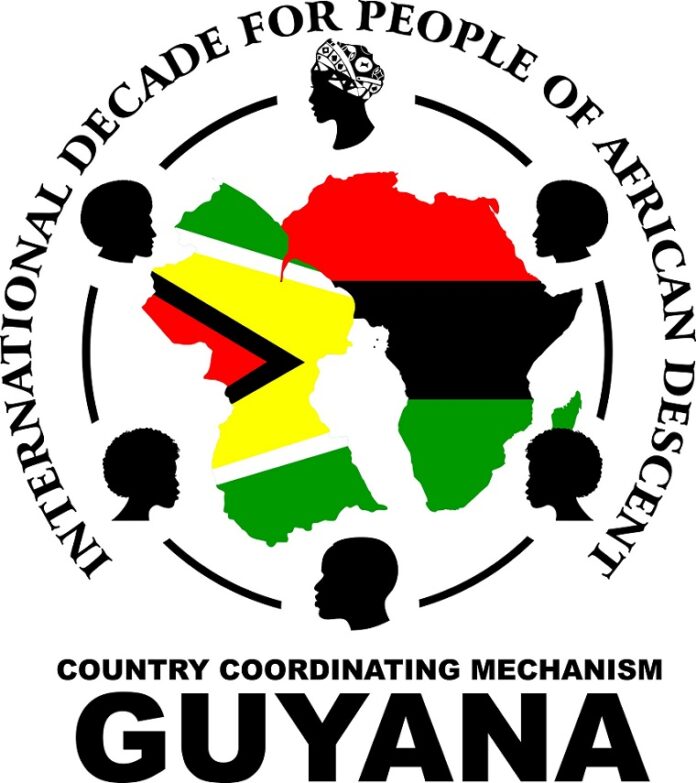On Sunday, December 15, 2024, the International Decade for People of African Descent Assembly–Guyana (IDPADA-G) hosted a Virtual Panel Discussion via Zoom to address the implications of Proposed Bill No. 16 of 2024 – The Acquisition of Lands for Public Purposes (Amendment) Act. The organization expressed grave concerns that the bill threatens African Guyanese landownership, particularly ancestral lands.
Two days later, on Tuesday, December 17, 2024, IDPADA-G issued a formal press release, describing the bill as a potential threat to the landownership rights of all Guyanese. The statement emphasized the vulnerability of African Guyanese communities, who are the beneficiaries of ancestral lands acquired through purchase, grants, and long-standing occupancy.
Key Concerns Highlighted by IDPADA-G:
- Vulnerability of Landowners: The organization claims that the proposed bill would exploit vulnerable landowners by enabling expedited land acquisitions without adequate consultation or protections.
- Unilateral Powers of Ministers: IDPADA-G points to the amendment’s provision allowing a Minister to make advance cash payments to “interested and authorized persons” for land acquisitions without requiring stakeholder consultation or providing avenues for redress or negotiation.
- Erosion of Landownership Rights: The amendment, they argue, grants excessive power to the Minister of Government, stripping citizens of critical protections over their right to landownership.
Call for Action
IDPADA-G has urged the government to send the amendment to a Special Select Committee for careful review and robust debate. They stress the need for a transparent and inclusive consultative process to ensure that the bill protects the rights and interests of all Guyanese.
The proposed legislation has sparked intense debate, with critics arguing that it risks undermining centuries of heritage and the economic security tied to ancestral lands. As discussions continue, IDPADA-G has positioned itself as a leading voice advocating for the rights of vulnerable landowners and the preservation of ancestral legacies.
For more updates, stay tuned to this developing story.






